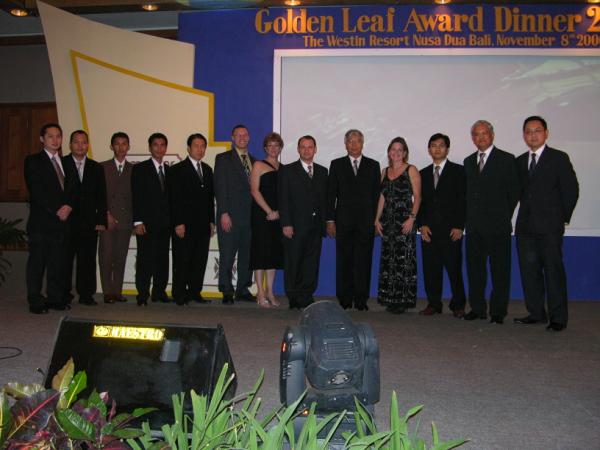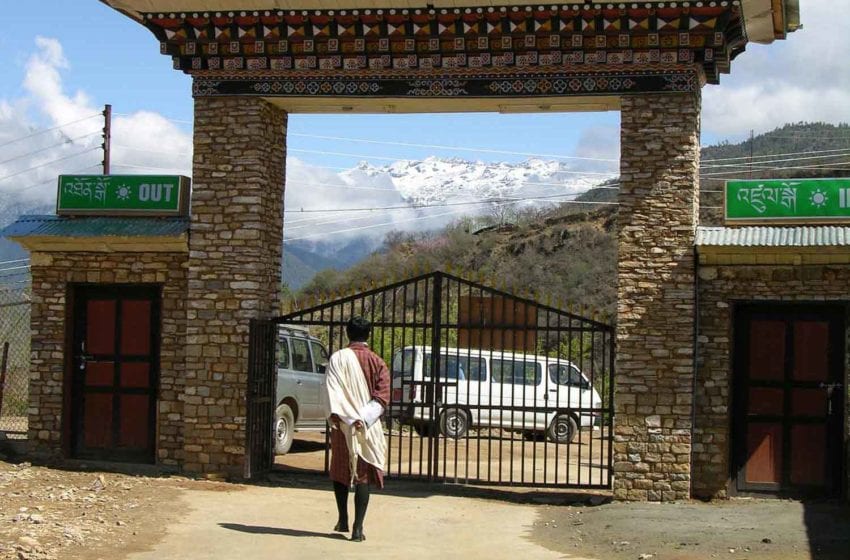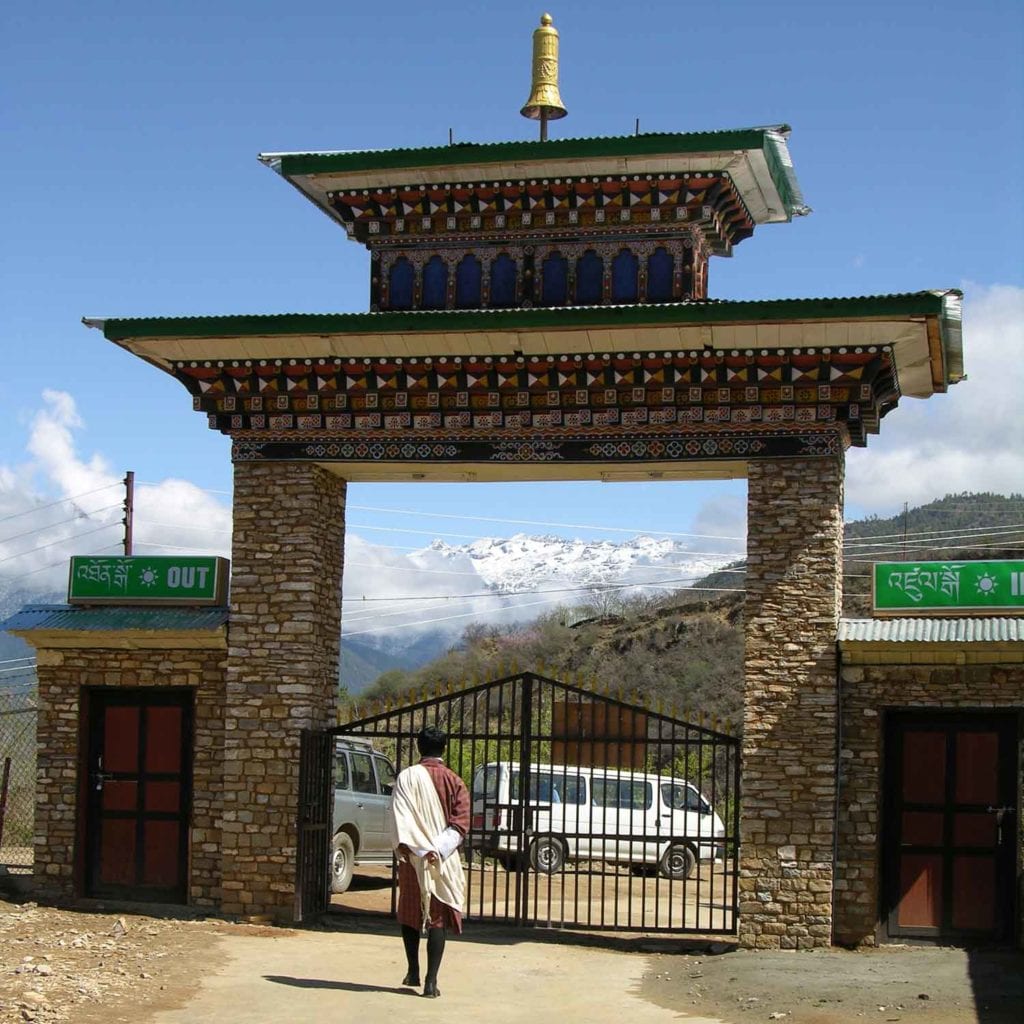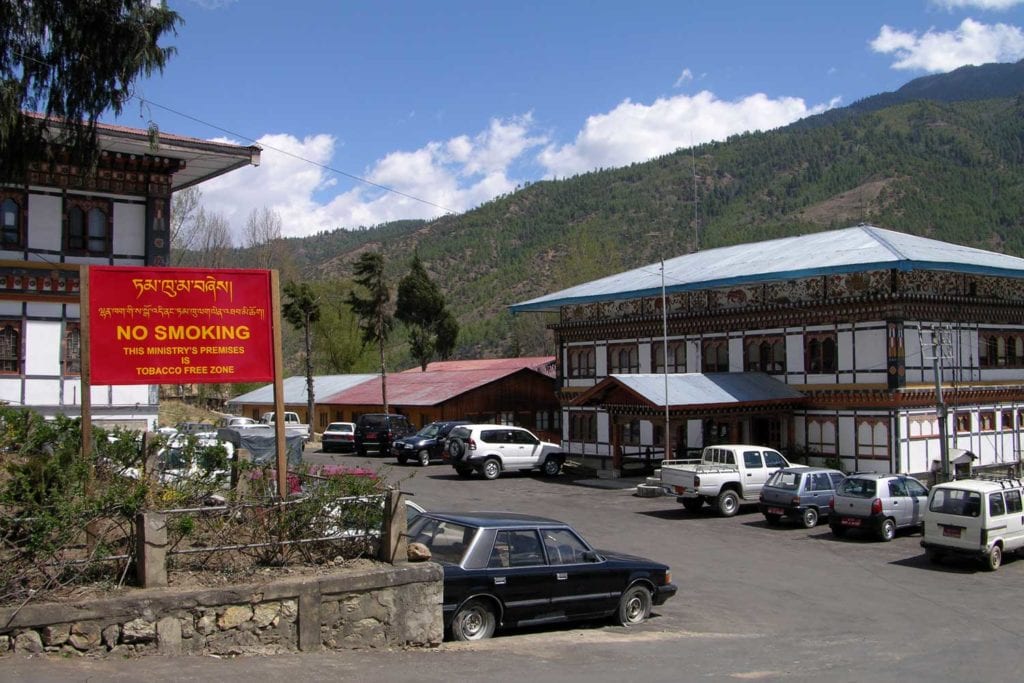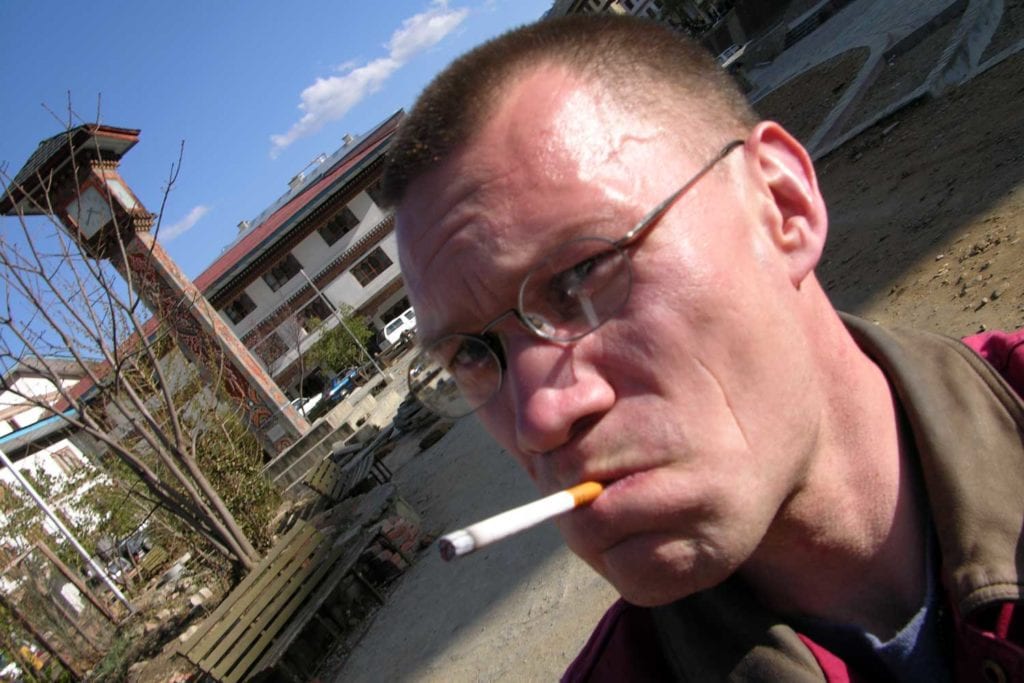IRAQ’S FIRST PRIVATE CIGARETTE MANUFACTURER
TR Staff Reports
After America’s Coalition Provisional Authority took charge in Iraq last year, it moved quickly to cancel legislation from the Saddam Hussein era. One of the first laws to be repealed was that on tobacco import duties. In the name of free enterprise, Iraq’s tariffs—on all products—were reduced to zero in one swift stroke.
The country’s cigarette market, which had been dominated by a state monopoly for decades, was suddenly flooded with foreign brands, often of superior quality and, in the absence of tariffs, suddenly available at competitive prices.
In the period between the two Gulf Wars, foreign
cigarette manufacturers could export to Iraq only with a special United Nations license. Legal imports were subject to two duties—an official one, which went to the state coffers; and a “private” duty, which disappeared into the pockets of Saddam’s son, the late Uday Hussein. Needless to say, the black market flourished.
For the former state tobacco company, the abolition of import duties was probably the straw that broke the camel’s back. In addition to dealing with classic monopoly issues such as overstaffing and inefficiency, the company had to contend with U.N. sanctions during the past decade, which limited its access to raw materials and spare parts.
In the chaos following last year’s invasion, some of the monopoly’s factories were looted, damaging equipment and worsening the shortage of parts. In addition, a regiment of the American army temporarily moved into the monopoly’s Al Nasir factory, because it considered the plant the safest place in an otherwise hostile area. (The plant is located in Sadr City.) Sleeping on cots between bales of to¬bacco and cigarette paper, American soldiers nicknamed their temporary home “Camp Marlboro.”
Today, the monopoly’s four factories sit idle. While the caretaker government continues to pay its thousands of employees—in part, reportedly, to prevent them from joining the insurgency—there is little work for them, as Iraqi smokers are abandoning its brands in favor of foreign-made Craven-A’s and Gauloises.
Iraq’s first and only private tobacco company, the Iraqi Cigarette Manufacturing Co. Ltd. (ICMC), has had it rough, too. Even though ICMC operates more efficiently than the old state company did, it is equally hurting from the sudden influx of foreign brands. Chairman Aras B. Jaff says that, for the time being, his company is producing small volumes of cigarettes simply to keep its machinery running.
Unlike his counterparts at the state monopoly, however, Jaff believes his company could face a bright future in Iraq. “I am awaiting the January elections,” he says. “Various people have assured me that the new government will reintroduce some sort of tariffs to protect the local industry.” And when that happens, ICMC, with its local knowledge and experience, would become an attractive partner for contract manufacturing.
Tobacco Reporter caught up with Jaff to discuss the trials and tribulations of selling cigarettes in the chaotic aftermath of a war.
How did business evolve?
We started manufacturing two Virginia brand s—Hamuradi, a hinge-lid pack; and Samiranis, a soft pack. We did a lot of promotion and sales were quite good. At the height of our business, we sold 800 master cases per day in Baghdad and southern Iraq.
The only part of the country we couldn’t supply from Baghdad was Kurdistan—even though I am a Kurd. This was because the old regime imposed sanctions on Kurdistan, prohibiting Iraqi companies from exporting there.
To serve the Kurdish market, I leased capacity at one of the monopoly’s two factories in Kurdistan. However, when the contract expired earlier this year, I didn’t renew it, because the trade restrictions had since been lifted, and we can now supply the area from Baghdad.
The biggest challenge to our business came when the new, provisional government canceled all import duties, causing an influx of foreign brands. As a result, all Iraqi enterprises—inside and outside the tobacco industry—are finding it hard to compete.
For the time being, we are producing about 200 master cases per day, just to keep our machines running.
How is the continuing unrest in Iraq affecting your business?
Like other companies in Iraq, we are working from day to day. Our factory is located along the main road of a well-known Baghdad industrial area. It is a relatively safe place, but the plant is heavily guarded by our own private security nevertheless.
During the recent standoff between the American army and the militia of Moqtada al-Sadr, we had to cease production completely—not because our factory was in the line of fire, but because many of our employees were unable to report for work because of the fighting. After the cease-fire at the end of August, ICMC resumed production.
The unrest also has had implications for cigarette distribution, because it presents a risk for anybody carrying valuables. Some of my distributors have been robbed, but fortunately, only small quantities were involved, and nobody got hurt.
Power cuts are still frequent in Baghdad, and we have installed generators to prevent disruptions of production.
Can Iraqi cigarette production be revived?
I have good hopes that, eventually, business conditions will improve, provided that the new government reintroduces some sort of import duties. Otherwise, all domestic manufacturers will suffer. However, I have my doubts as to whether the monopoly can be revived.
When multinationals purchase a local factory, they are typically interested not in its land and infrastructure, but in its brands. Unfortunately, the monopoly’s best-selling cigarette, Sumer, has been in decline for some time, and there are no signs of this trend reversing.
Another obstacle is that any investor would likely be required to keep the old employees on its payroll. No private company could justify such a large workforce.
What’s the outlook for the private sector?
Foreign companies are currently doing good business with their imports. However, this situation will most likely change soon. Duties will return, and these companies will need to start manufacturing their brands locally or under license.
ICMC is very interested in negotiating a deal with a multinational company to produce an international brand under license. Three years ago, we discussed such a contract with Imperial Tobacco of the U.K., but a deal never materialized because we couldn’t get U.N. approval. Now that the sanctions have been lifted, I hope to reopen discussions with another multinational soon.
Currently, none of the multinationals contract-manufacture in Iraq. This is remarkable, given that in neighboring Jordan—a small market—seven or eight international brands are manufactured under license.
How and when did you become Iraq’s first private cigarette manufacturer?
I have been involved with tobacco since the mid-1970s. For many years, I supplied tobacco and raw materials to the Iraqi tobacco monopoly. When the United Nations imposed sanctions on Iraq after the invasion of Kuwait, I moved my business to Jordan. Among other interests, I held shares in Filtrona Jordan and was a member of that company’s board of directors.
Then, in 1998, the Iraqi government amended the law, allowing private enterprises to enter the cigarette business. In 1999, I applied for a license to build a cigarette factory in Baghdad, and in 2000 I purchased four cigarette makers and six cigarette packers—four for hinge-lids and two for soft-cups.
What is ICMC’s strategy to compete?
We emphasize quality. The Jaff family is the only family in Iraq who specializes in tobacco and cigarettes. As Iraq’s first private-sector cigarette company, we must protect our reputation by producing only first-rate products.
We import almost all materials from Europe and a ready-made blend of cut rag from Italy. Our filters come from Filtrona Jordan and all our materials are ISO-approved. Only one brand is made with locally grown oriental tobacco.
Given the challenges, why would cigarette makers want to invest in Iraq?
Because people here smoke a lot. For 35 years, they have had nothing but problems. Smokers are also eager for better quality. This is a big market.


